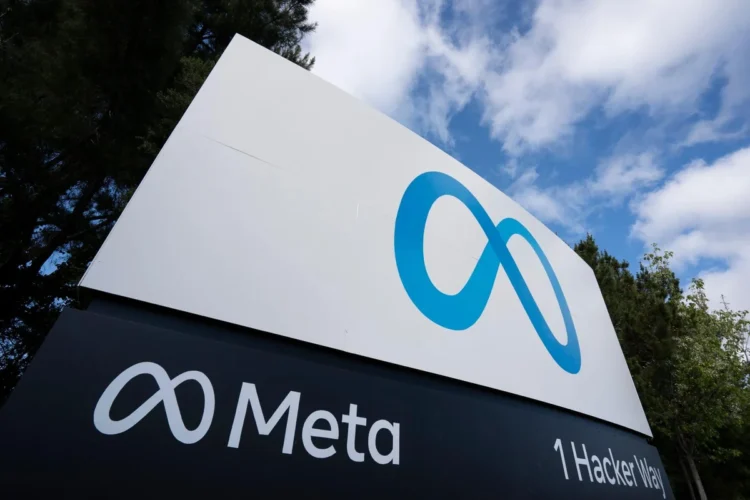NEW DELHI (India CSR): Meta, the parent company of WhatsApp, has expressed its disagreement with the Competition Commission of India’s (CCI) ruling imposing a Rs 213.14 crore penalty on the tech giant. The penalty stems from the 2021 WhatsApp privacy policy update, which the CCI claimed involved unfair business practices. Meta announced its intention to appeal the decision, asserting that the privacy update was optional and did not compromise user data.
Meta’s Position on the Privacy Policy Update
Meta maintains that the 2021 WhatsApp update did not alter the privacy of personal messages but was introduced to enhance transparency about data collection and usage.
A Meta spokesperson clarified:
- Transparency Focus: The update provided users with more clarity on data collection while introducing optional business features.
- User Choice: The policy changes were voluntary, and no user faced account deletion or service loss for opting out of the update.
The spokesperson further emphasized WhatsApp’s role in supporting people, businesses, and governments, especially during critical periods like the COVID-19 pandemic, and its contribution to India’s economy through small business enablement.
“WhatsApp’s value lies in its ability to deliver essential services and experiences supported by Meta. We remain committed to fostering innovation while addressing regulatory concerns,” Meta said.
Key Highlights of CCI’s Order
The CCI’s ruling imposed several significant restrictions on WhatsApp’s operations:
- Data Sharing Ban: WhatsApp is prohibited from sharing user data with Meta companies (such as Facebook and Instagram) for advertising purposes for the next five years.
- In-App Notifications: WhatsApp must add clear in-app notifications allowing users to opt out of data sharing.
- Dedicated Settings Tab: A new tab in the app settings will enable users to review and modify data-sharing preferences.
The CCI stressed that the notifications should clearly explain the purpose of data sharing, linking each data type to its intended use.
Enhanced User Privacy Controls
The CCI spokesperson described the measures as a step forward in user privacy:
- Greater Control: Users now have accessible options to opt out of data sharing.
- Improved Transparency: The interface changes ensure WhatsApp users in India can make informed decisions about their data.
“This marks a significant shift in how WhatsApp handles privacy, giving users more power over their personal information,” the spokesperson added.
Meta’s Response and Future Plans
Meta reiterated its commitment to engaging constructively with the Indian government and regulators. It highlighted the need to balance innovation and user privacy while continuing to deliver seamless experiences for its vast user base in India.
“We are exploring a constructive path forward to align regulatory expectations with our mission to empower people and businesses,” the Meta spokesperson concluded.
Implications of the Ruling
The CCI’s decision is seen as a landmark move in regulating tech giants and safeguarding user privacy in India. By mandating opt-out options and greater transparency, the ruling reflects a push towards more accountable digital practices.
However, Meta’s appeal could lead to further legal scrutiny and a potential reassessment of the penalty. The outcome may set a precedent for how global tech companies navigate privacy and competition laws in India.
You Learn
The clash between Meta and the CCI underscores the growing importance of user privacy in an increasingly digital economy. As Meta prepares to contest the ruling, its approach to compliance and innovation will likely shape its future operations in one of its largest markets. The case also highlights India’s proactive stance in regulating big tech to ensure fair practices and protect user data.







